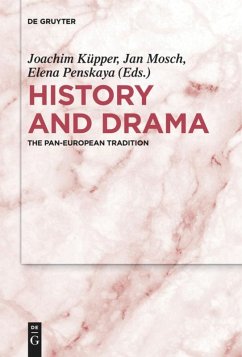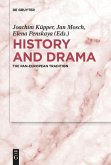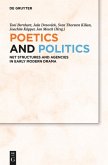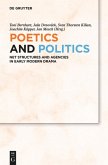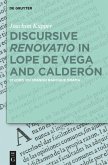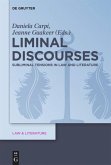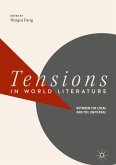Aristotle's neat compartmentalization notwithstanding (Poetics, ch. 9), historians and playwrights have both been laying claim to representations of the past - arguably since Antiquity, but certainly since the Renaissance. At a time when narratology challenges historiographers to differentiate their "emplotments" (White) from literary inventions, this thirteen-essay collection takes a fresh look at the production of historico-political knowledge in literature and the intricacies of reality and fiction.
Written by experts who teach in Germany, Austria, Russia, and the United States, the articles provide a thorough interpretation of early modern drama (with a view to classical times and the 19th century) as an ideological platform that is as open to royal self-fashioning and soteriology as it is to travestying and subverting the means and ends of historical interpretation. The comparative analysis of metapoetic and historiosophic aspects also sheds light on drama as a transnational phenomenon, demonstrating the importance of the cultural net that links the multifaceted textual examples from France, Russia, England, Italy, and the Netherlands.
Written by experts who teach in Germany, Austria, Russia, and the United States, the articles provide a thorough interpretation of early modern drama (with a view to classical times and the 19th century) as an ideological platform that is as open to royal self-fashioning and soteriology as it is to travestying and subverting the means and ends of historical interpretation. The comparative analysis of metapoetic and historiosophic aspects also sheds light on drama as a transnational phenomenon, demonstrating the importance of the cultural net that links the multifaceted textual examples from France, Russia, England, Italy, and the Netherlands.

